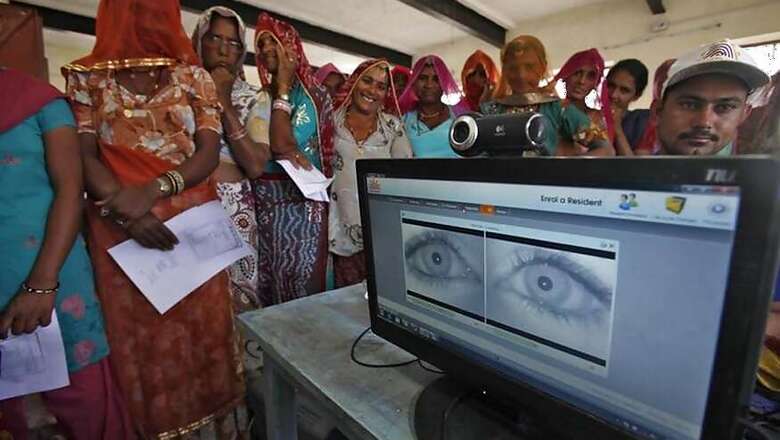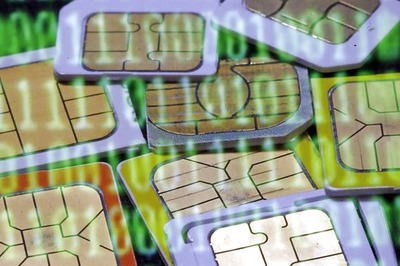
views
After the landmark judgment by the 9 judge bench, privacy will now be treated on a par with our right of speech and expression. This is of historic importance as it is now the in the same realm as the constitutional right to life and liberty.
This progressive verdict of an individual’s privacy puts India in the same league as some of the world’s most reputed democracies like the United States of America, UK and Australia. Internationally, the rights of an individual in the digital domain are strongly upheld, with a focus on data protection. In the verdict offered by the judges a strong concern was the privacy of information in the 21st century. With technology developing at lightning speed – how does an individual keep control on his/her data in the virtual space?
Justice Nariman advocates the need to judge the right to privacy in “today’s context and not yesterday’s”. In today’s context, an absolutist interpretation of privacy would lead to a direct stifling of technology, innovation and good governance. It is imperative to understand the possibility of effective and better governance with the help of technology – enabled solutions towards “preventing the dissipation of social benefit schemes.” This leaves the window open for the co-existence of Aadhaar and privacy.
Aadhaar has become a focal point for many debates on privacy; however there is no need to pit them against each other. They both can exist in parallel and it’s necessary to decipher that. Breach of data security is unavoidable in the modern world and the Aadhaar Act deals with it, where third parties collecting or processing data on behalf of Aadhaar are to be prosecuted if the data is shared or leaked.
The Supreme Court verdict talks about surveillance, where it lays down under reasonable restrictions when a citizen’s right can be breached. No right can be absolute but it’s necessary to consider the leeway given to the interpretation of the exceptions.
The use of the term “reasonable” is a broad parameter for the denial of a fundamental right. National security, for instance, is a valid concern but we cannot allow wanton surveillance under its guise. The exceptions must be very narrowly defined. The bill I tabled in the Monsoon Session deals with such violations, by establishing a Data Privacy and Protection Authority whose job will be is to ensure the compliance with the law and also have to power to impose punishments.
Consent forms the backbone of my bill and the need for simplified consent procedure is urgent. As we skim through or avoid the fine print when on social media or apps – due to its rigorous nature, I believe simplified consent should be mandatory. I am hoping with the Right to Privacy – the way we give and the way our consent is taken will also become streamlined. Right to Privacy, strong governance and informed consent can be pillars of a progressive nation. However, India needs to maintain strong checks and balances to ensure the appropriate implementation and balance between the three.




















Comments
0 comment